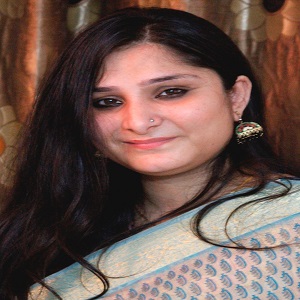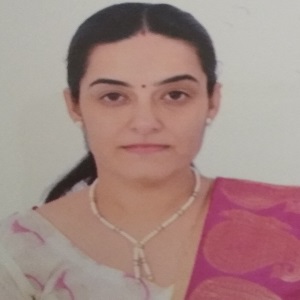Industry 4.0 disruptions are affecting every walk of human life. There are a lot of emerging applications of AI-based data driven technologies in healthcare and social innovation. The session invites high quality original contributions for possible presentation and publication. Some of the topics suitable for the session are listed as follows:
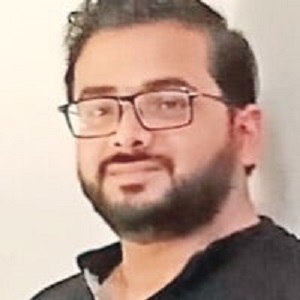
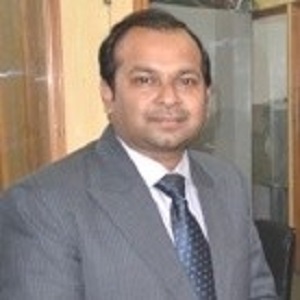
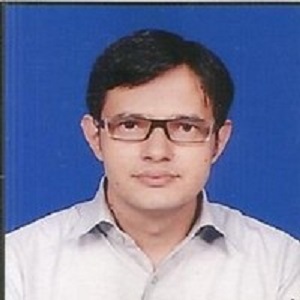
Artificial Intelligence (AI) has been of great assistance in the health care industry. Rapid advancements in technology will be used to predict many different disease risks. With the increasingly indispensable role of AI in healthcare, there also growing concerns over the lack of explainability and transparency in health care in addition to bias encountered by predictions of the AI model. Because of this Explainable Artificial Intelligence comes into the picture. Explainable Artificial Intelligence increases the trust placed in an Artificial Intelligence system by AI researchers and medical practitioners and helps to increasingly widespread deployment of AI in healthcare.
This special session aims to invite medical practitioners, AI Researchers to submit their research papers in the field of explainable AI and Deep learning techniques used in health care. Topics Covered But not limited to:
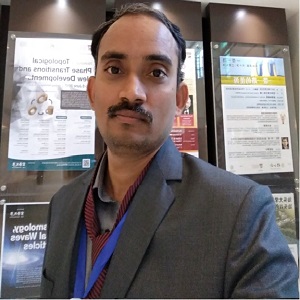


Biomedical engineering is a dynamic area of research involving biomedical information and clinical medicine. With the impetus in sensor technology and artificial intelligence (AI), this field of specialization has gained momentum. Techniques based on AI have resulted in high accuracies for a number of problems in this domain and the potential is increasing day-by-day. It can help the physicians in improving the time efficiency of the diagnosis and can also highlight the relevant information present in the biomedical signal and/or image. The popular biomedical signals are essentially of two types, known as action potential and event-related potential. The former class consists of electromyogram (EMG), electroneurogram (ENG), electrocardiogram (ECG) and electroencephalogram (EEG), whereas electrogastrogram (EGG), phonocardiogram (PCG), carotid pulse (CP), signals from catheter-tip sensors, speech signal, vibromyogram (VMG), vibroarthrogram (VAG), otoacoustic emission signal are event-related potentials. The commonly used biomedical image modalities include functional magnetic resonance imaging (fMRI), computed tomography (CT), x-ray, ultrasound imaging and positron emission tomography (PET).
This session aims to provide an inter-disciplinary international forum for the interchange of information on research in the analysis of biomedical signals and images using AI-based methods. Topics of interest include, but are not limited to the following:
All Versions of the series are successfully indexed in ISI, Scopus, DBLP, Compendex, SJR and Google Scholar etc. Accepted papers of 11th IACC will be published in Springer's CCIS (Communications in Computer and Information Science)
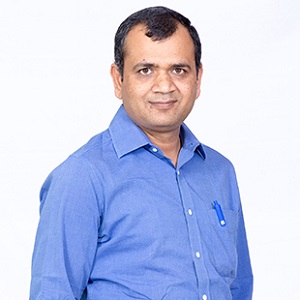
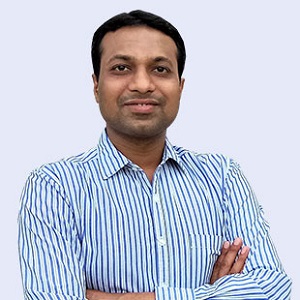
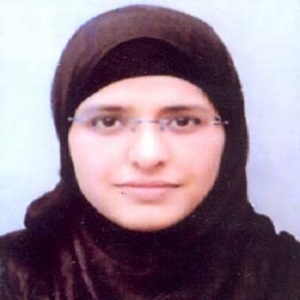
Theme of the Special Session: Data analytics is a broad term that encompasses many diverse types of data analysis. Any type of information can be subjected to data analytics techniques to get insight that can be used to improve things. Data analytics techniques can reveal trends and metrics that would otherwise be lost in the mass of information. This information can then be used to optimize processes to increase the overall efficiency of a business or system. Another emerging research area is Internet of Things (IoT).
Topics of Interest: We invite original (un-published) research contributions based on the above-mentioned theme including following topics but not limited to:
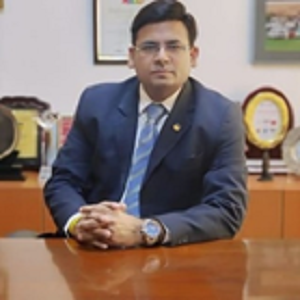
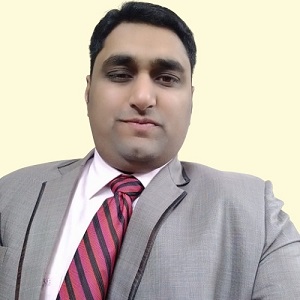
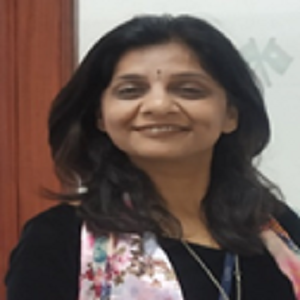
AI is an important disciple for annotation and curatain of biological data. Genome data analysis by using high throughout sequencing methods and drug designing on the basis of their gene expression is one of the major applications of AI.
Session: Genome analysis, gene editing and novel drug discoveries
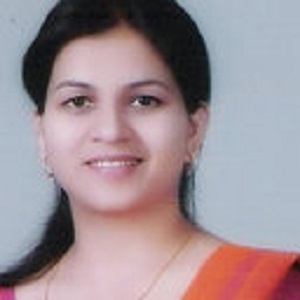

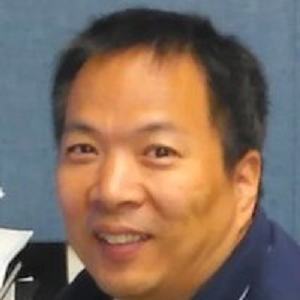
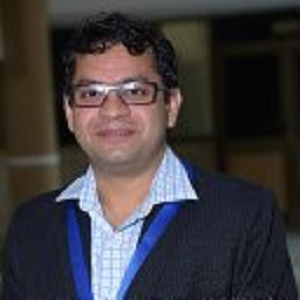

This track is looking for application of computational intelligence, i.e., nature-inspired computing and artificial intelligence, in processing of
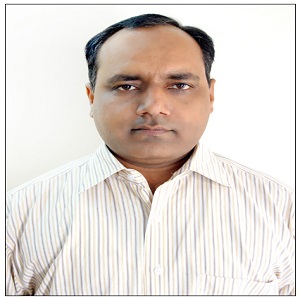
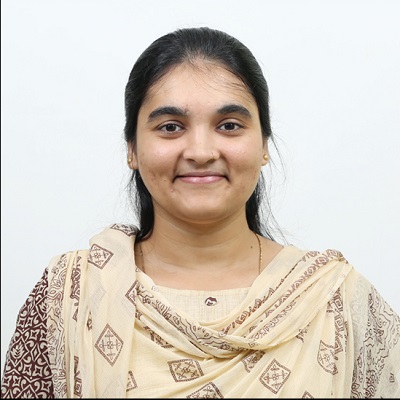
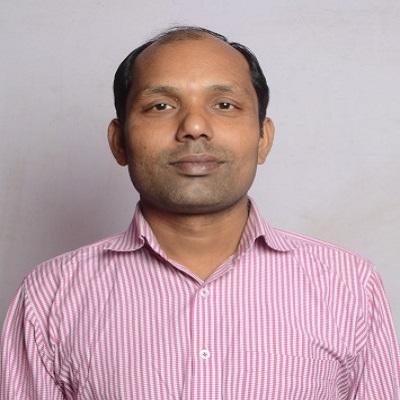
Machine makes Man more comfortable in this World of Technology. The growth in the right side of technology has its reciprocation also. Increase in security threats are to be rectified instantaneously. Themes to be Discussed:
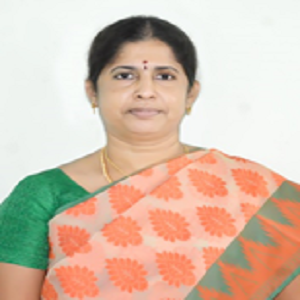
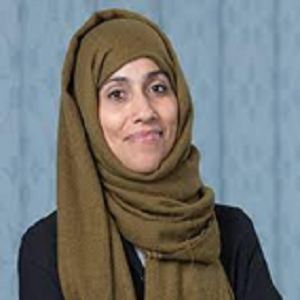

AI is a technology that enables people to rethink how we integrate information, analyze data, and use the resulting insights to improve decision making. It has immense potential in cybersecurity. If harnessed correctly, Artificial Intelligence or AI systems can be trained to generate alerts for threats, identify new types of malware and protect sensitive data for organisations. The special session on “Artificial Intelligence: Applications and Innovations in Cyber Security“ will provide an excellent international forum for sharing knowledge and results in latest innovations in the field of Artificial Intelligence. Combining the strength of Artificial Intelligence (AI) with cybersecurity, security professionals have additional resources to defend vulnerable networks and data from cyber attackers. The objective of the special session is to provide a platform to the researchers and practitioners from both academia as well as industry to explore the future research opportunities and solutions in Cyber Security using AI.
We invite original (un-published) research contributions based on theabove mentioned theme including following topics:
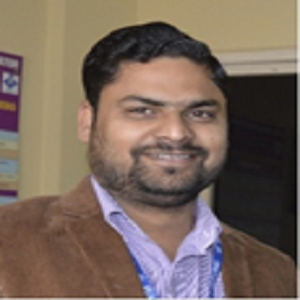


Intelligent computing research aims at in getting intelligence, cognitive, perception, operation and analysis to computer systems It not only has high theoretical research value but also great significance for the development of the industry. The implementation of these kinds of systems is possible due to the advancements done in the area of Artificial Intelligence, Machine Learning, Deep Learning, Image Processing, Computer Vision and data science. Hence, different sectors nowadays are adopting this practice that result in substantial growth of their capital.
Topics of Interest for this session are as follows
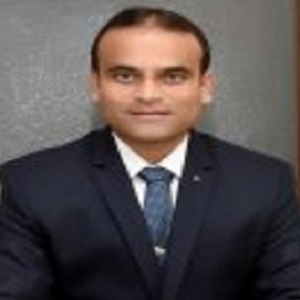
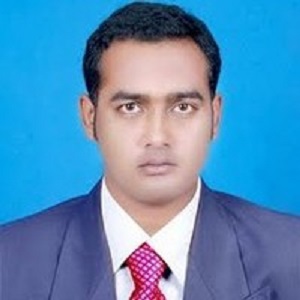
In recent years, majority of the data scientists are engaged in analysing the large volumes of data related to the global pandemic: COVID-19. The primary objectives of the pandemic data analysis are disease tracking and the effectiveness of preventive measures undertaken to control the disease spread. The data from pandemics can be hard to grasp at the scale of human intelligence because there is a long gap between an outbreak happening and visible results in the community. Data science can be invaluable in crunching these numbers. Already, many projects are underway using artificial intelligence (AI) and big data analytics to battle the pandemic. They can play a role across the whole lifecycle of the outbreak: from prediction, detection and response, all the way to recovery.
We invite original (unpublished) research contributions based on the above-mentioned theme including the following topics but not limited to:
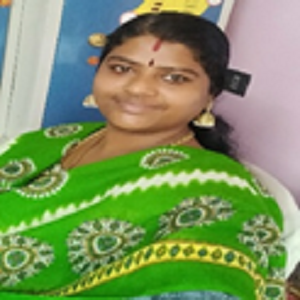

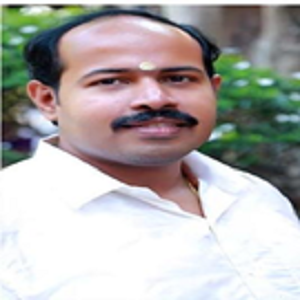
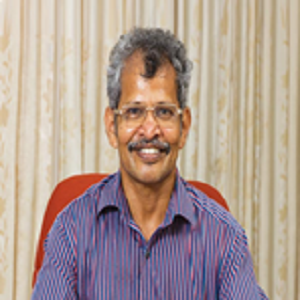
The advancement of technologies in the healthcare industry attracts researchers to work in this area. The research in this field improves the betterment of patient’s life and also providing or recommending better medicines.
For these aforementioned reasons, this special session focuses on high-quality original papers related to the following topics, including but not limited to:
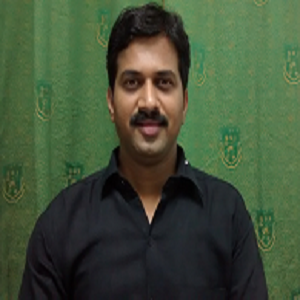
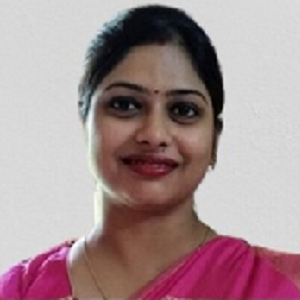
Computational biology as a discipline aims to develop algorithmic models to understand biological systems and relationships. It studies biological systems by systematically modelling and analysing data obtained from gene expression and regulation, studying DNA, RNA, and protein sequence, structures, and interactions, molecular evolution, protein design, network and systems biology, biological forms and function, disease gene mapping, etc. The use of computational techniques from Artificial Intelligence /Machine Learning/Big Data analysis in quantitative and analytical modelling of heterogenous biological structures; and studying their relationship with functions, is an important area of research. Emergence of integrated “omics” approaches have also created exciting opportunities for researchers working in computational biology. This technical session would aim to provide a forum for exchange ideas and discussion on integrative data analysis approaches using Artificial Intelligence/Machine Learning/Big Data Analysis/ Deep Learning/etc. in computational biology such as in networks, pattern recognition, feature engineering, data representation and visualization. This would further aid in understanding and modelling of the structures and processes of life.
This session will feature the theme of “integrated approaches” and “data analysis over complex biological systems.” The scope of this session is to integrate and analyse different kinds of data using Artificial Intelligence/Machine Learning/Big Data Analysis/Deep Learning/etc., contributing towards understanding of biological systems. Data integration and analysis of “omics” sciences with imaging, functional, structural and lifestyle/environmental data are also welcome. Research areas include, but are not limited to:

